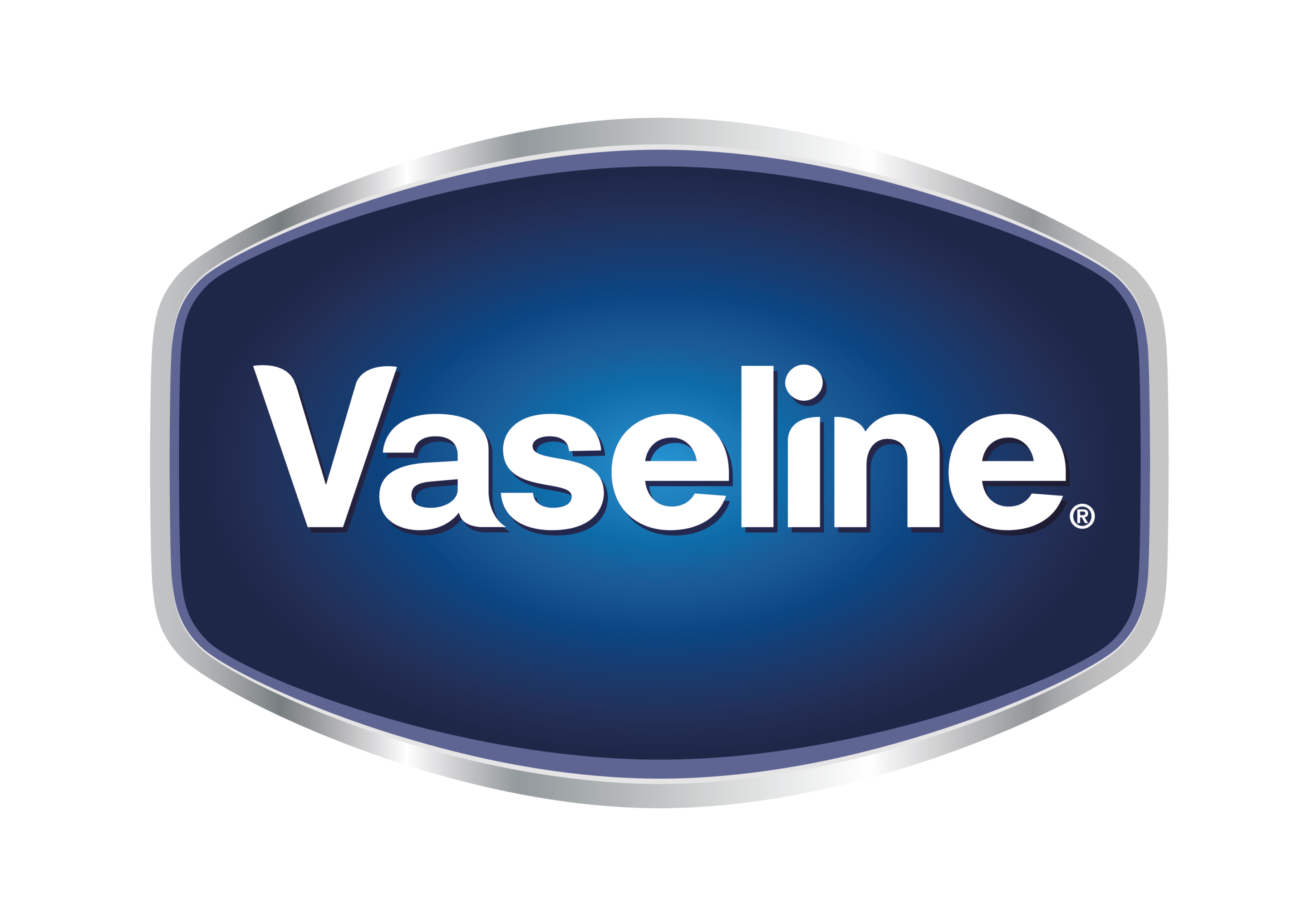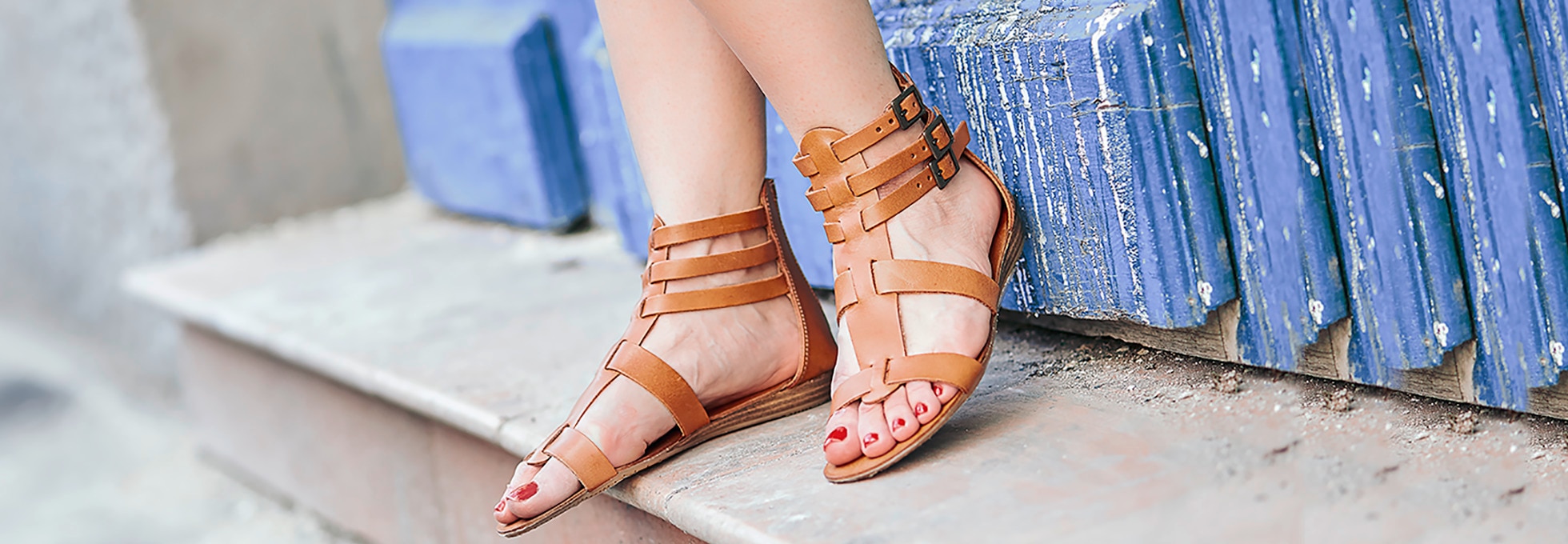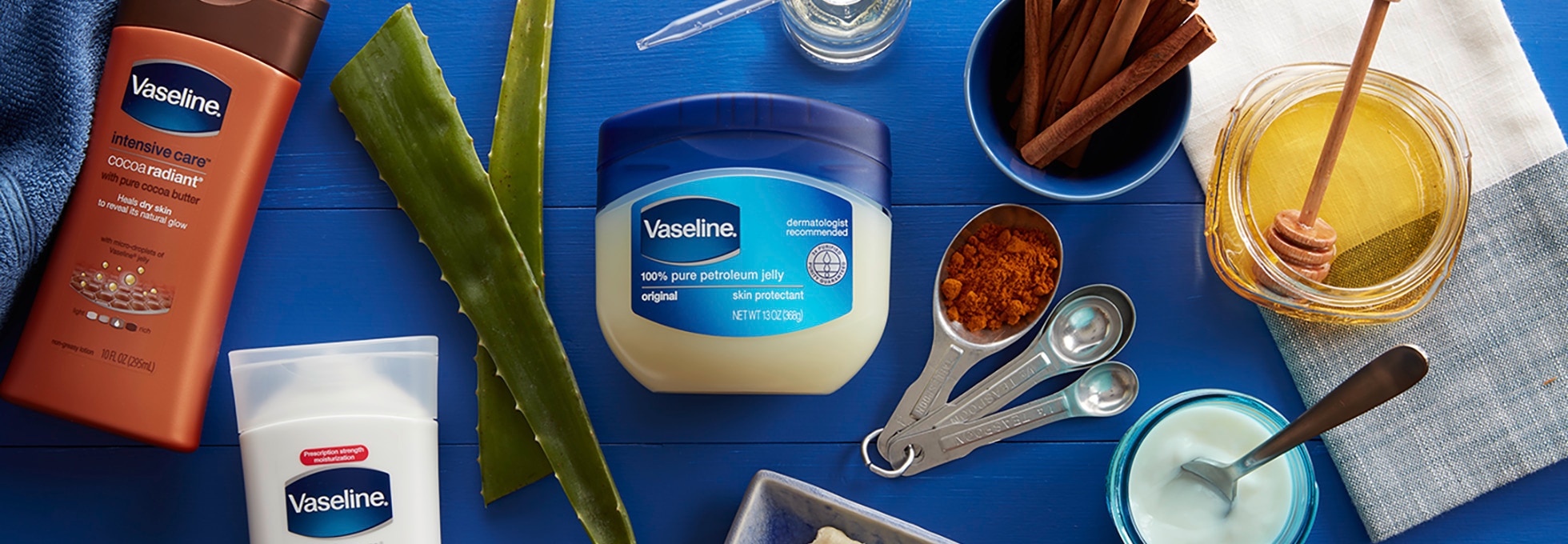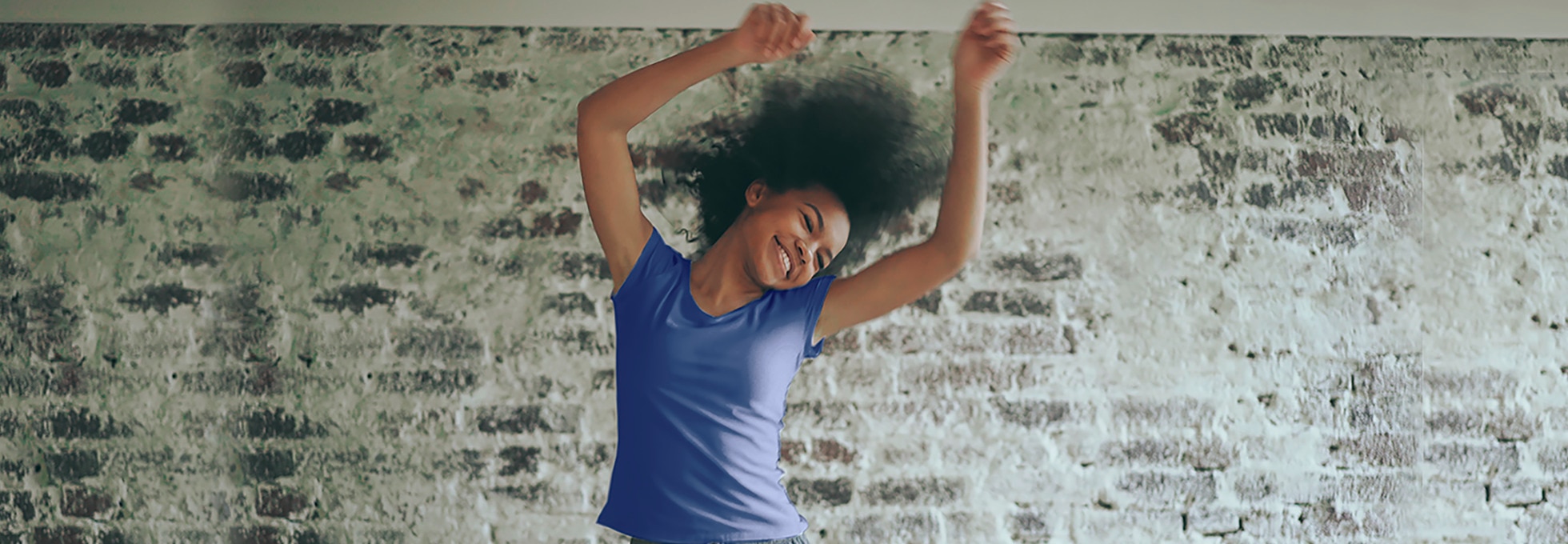Skip to content
Moisturize to Help Heal Dry Cracked Heels
Make sure your feet are ready for summer sandals with these tips on how to prevent and help heal cracked heels.
Many of us find ourselves on our feet throughout the day, which is why maintaining good foot health is important. If you’ve got cracked heels, you may notice dry and flaking skin, and deep cracks in the skin. As cracked skin rubs against footwear, even walking can become uncomfortable – so it’s important to know how to deal with dry, cracked heels quickly and effectively.
- Causes of Cracked Heels
Cracked heels are a common problem. It happens when dry skin on your feet splits. One possible reason for this may be a lack of moisture which causes the skin to dry out. These dry layers of skin then harden and build up into thick, dry callouses that can eventually crack. Intense pressure or friction on the feet is believed to cause dry heels to crack. This may often be from standing for a long period of time. Other contributing factors may include:
• Not moisturizing your feet regularly
• Taking overly long, hot baths or showers
• Using harsh, drying soaps
• Harsh weather conditions
• Wearing shoes with thin soles or open backs
• Wearing high heels, which do not fit properly
- How to Treat Cracked Heels
Remember to always consult a dermatologist for advice and causes of skin conditions.
Cracked heels treatment
For an effective overnight cosmetic treatment, apply a thick layer of Vaseline® Jelly to the heel after a bath or shower, when the skin is soft. Then, throw on a pair of cotton socks to keep the jelly in place – the cotton will allow the skin on your feet to breathe. Vaseline® Jelly provides a sealing barrier which locks in moisture to help rehydrate dry skin. It also helps protect heels against further dryness and cracking. Try this before bed to help replenish moisture, and support and protect the skin’s natural regeneration process as you sleep.
Everyday skin care for feet
Keeping on top of your everyday skin care is a great way to help protect your heels.
Avoid Harsh Soaps – Harsh soaps that are heavily fragranced or contain strong chemicals may dry skin out more. Try a gentle, fragrance-free or unscented, non-irritating cleanser.
Don’t Scrub – Although gently using a foot file to remove hard skin on the heel can sometimes be beneficial, scrubbing dry, cracked heels could make the problem worse. Vigorous scrubbing may dry the feet out more. Restore moisture to the heels after removing hard skin by applying an occlusive moisturizer like Vaseline® Jelly – this will moisturize and help heal dry skin.
- Protect Cracked Heels
When you have cracked heels, you need to make sure that you keep them protected. Keep the area clean and apply Vaseline® Jelly. This will help create a protective barrier on the surface of the skin to moisturize dry skin
- Preventing Cracked Heels
If you take good care of you feet with our everyday skin care tips above, you can help prevent cracked heels. However, if you’re prone to cracked heels the following tips may help:
• Wear socks with your shoes to reduce friction. Cotton socks are great for letting your skin breathe. They soak up sweat and moisture, which decreases rubbing and may help prevent your feet from drying out. Avoid socks made from wool or synthetic materials that can irritate the skin and cause dryness.
• Wear appropriate footwear. In summer it’s tempting to wear backless shoes and flip-flops, however these may create friction as your foot moves about unsupported. If you’re prone to getting cracked heels, avoid wearing footwear like this for long periods of time as they may make the problem worse. Also, be sure to match your footwear to the season – if you wear flip-flops or sandals when the weather is cold, your heels are exposed to the elements, which may cause dryness. Select weather appropriate footwear to help prevent cracked heels.
With a great everyday foot care regime you can have beautiful, soft, and well-moisturized heels all year round that look great in whatever footwear you choose to wear.
Expert Advice
The advice in this article does not constitute medical advice, it is solely available for information purposes.
FEATURED PRODUCTS
No Products






